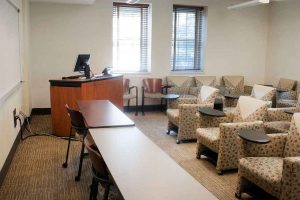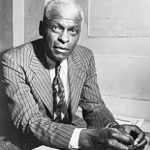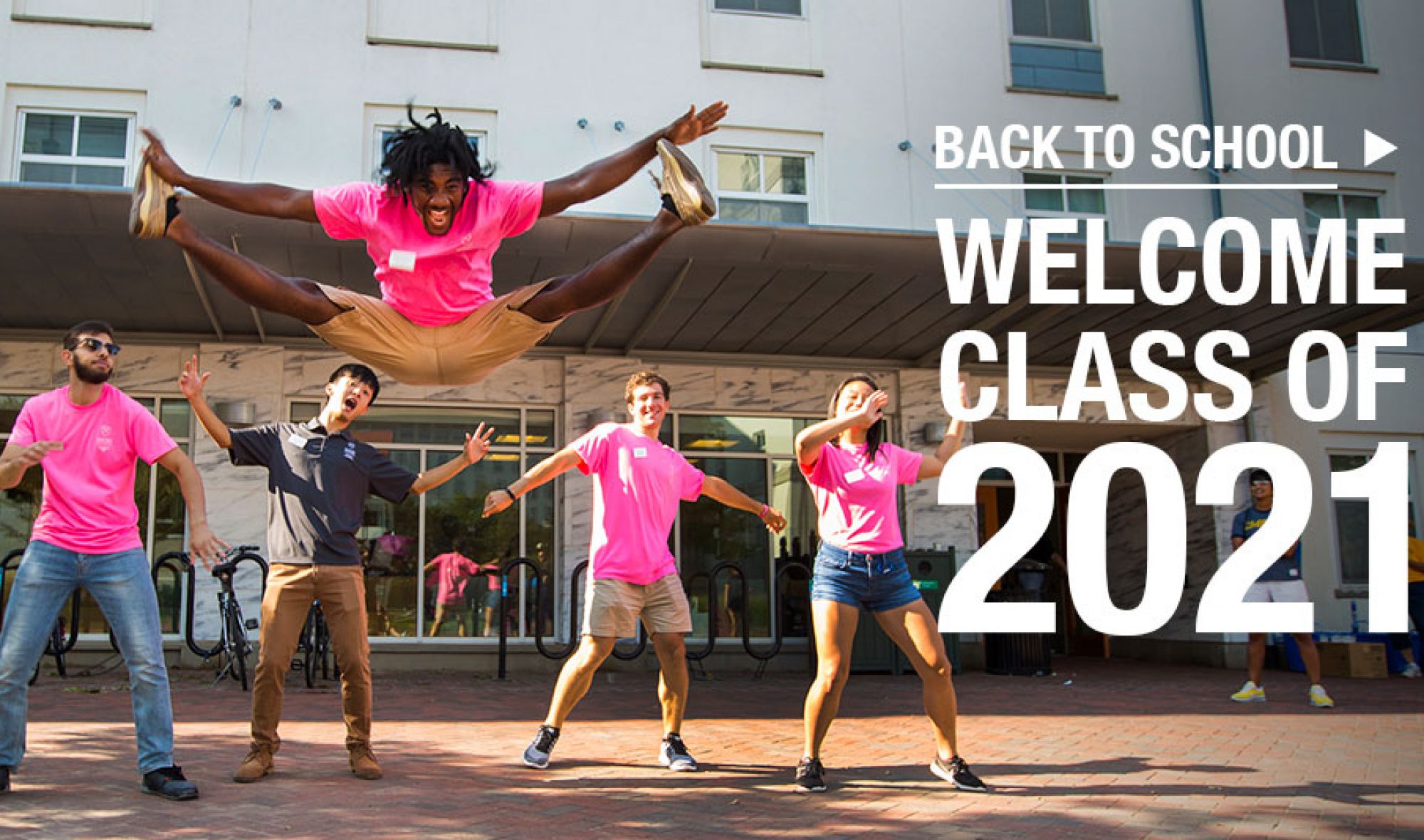
After getting off work late, I rushed over Candler Library expecting to be that one person who awkwardly walks in ten minutes late. To my surprise, I walked into a warm environment discussing SZA and Bryson Tiller. I’m greeted by the 2017-2018 President of the Black Studies Collective (BSC), Taryn Jordan, and encouraged to grab a plate. Settling down while we watched music videos for Rake it Up and Bodak Yellow, I knew that this wouldn’t be a traditional general body meeting. The official meeting started with introductions, a brief history of the BSC, and an overview of the BSC.
The Black Studies Collective originally was formed as the African-American

Studies Collective (AASC). The AASC was defunded a few years ago, but later revived and transformed into the BSC. Now, the BSC serves a place for many graduate students interested meet, discuss blackness and current events regarding blackness, read works of black theory, and even go out and watch films/tv about blackness. Despite the informality of meetings, the BSC thinks critically about blackness and questions the parameters around blackness. An example of this comes from one of their inside jokes “I don’t know, Paris Jackson.” This arose from their conversation on Paris Jackson considering herself black despite her skin color and other physical features. This brings up the idea that there’s more to blackness that skin tone, but also experiences and other factors. The informality of the meetings allows for members to share their experience and create a dynamic dialogue. It also allows members to discuss their own work and provide assistance to each other. Many members of the Black Studies Collective are graduate students with work surrounding black issues and African diaspora despite Emory not having a graduate African-American Studies program. The BSC allows grad students to have a space to continue their interest in black studies. Currently, the BSC is also looking to expand their outreach by getting undergraduate involvement through Saturday Readings/Teachings.
This brings me to my message to Emory University: create a graduate degree program for African-American Studies. Students from all across different programs are doing research on black issues ranging from Comparative Language to Philosophy and Women, Gender, & Sexuality Studies, to English. Furthermore, Emory has amazing resources for African-American history in the Rose Library that would be instrumental to much research in the field of African-American studies. Also, Emory already has a great undergraduate program in African-American Studies. Emory was the first school in the Southeast to offer an undergraduate degree in black studies. Emory also has award winning research and publications from faculty in the Department of

African-American Studies, as well as representation in many public news and media forums. Lastly, Emory is a Mellon-Mays Fellow school which helps fund Ph.D. research in fields like African-American Studies. With all this history and excellence, why is it that graduate students seem to be limited to a space like the Black Studies Collective to really immerse themselves in African-American Studies?
If you want to learn more about the Black Studies collective or are an undergrad interested in Saturday Teachings, you can visit their OrgSync website or you can email the president, Taryn Jordan at t [dot] d [dot] jordan [at] emory [dot] edu. You can also find more about the undergraduate Department of African-American Studies here.
By Daquon Wilson
